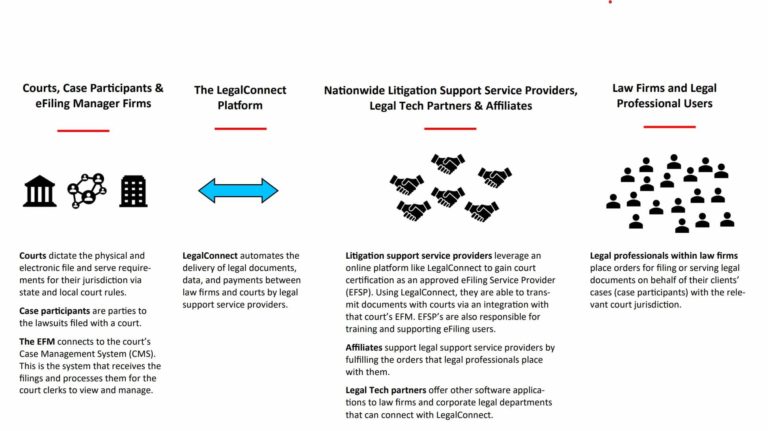Navigating Litigation: Essential Support Tips


Navigating Litigation: Essential Support Tips
Litigation support is a critical component of legal proceedings, requiring strategic planning and effective tools. This article explores key tips for providing comprehensive litigation support, offering insights into best practices that enhance the efficiency and success of the litigation process.
Understanding the Case Dynamics
Before diving into litigation support, it’s crucial to have a deep understanding of the case dynamics. Familiarize yourself with the legal issues, key facts, and the overall strategy of the case. This foundational knowledge forms the basis for effective litigation support planning.
Utilizing Legal Technology
Embrace the power of legal technology to streamline and enhance litigation support processes. Legal research platforms, e-discovery tools, and case management software can significantly improve efficiency. Stay updated on the latest legal tech developments to leverage tools that best suit the needs of your litigation support strategy.
Effective Document Management
Document management is at the core of litigation support. Implement a robust system for organizing, categorizing, and retrieving documents efficiently. This includes developing naming conventions, utilizing metadata, and employing document review platforms to sift through vast amounts of information.
Strategic E-Discovery Practices
E-discovery plays a pivotal role in modern litigation support. Implement strategic e-discovery practices to efficiently identify, preserve, and collect electronic information. This includes understanding the client’s data landscape, employing advanced search techniques, and ensuring compliance with e-discovery rules.
Collaboration and Communication
Effective collaboration and communication are essential in litigation support. Establish clear lines of communication with legal teams, clients, and experts. Foster collaboration through shared platforms, virtual workspaces, and regular updates to ensure everyone is on the same page throughout the litigation process.
Expert Witness Coordination
When expert witnesses are involved, coordination is key. Ensure seamless collaboration between legal teams and expert witnesses. Provide them with necessary information, coordinate meetings, and facilitate the exchange of insights to bolster the case’s expert-driven aspects.
Maintaining Data Security and Privacy
Litigation often involves sensitive and confidential information. Prioritize data security and privacy by implementing robust encryption measures, secure communication channels, and adherence to privacy regulations. Safeguarding client data is not only ethically crucial but also legally mandated.
Trial Preparation and Presentation
Litigation support extends to trial preparation and presentation. Organize trial exhibits, prepare demonstrative evidence, and coordinate with legal teams to ensure a smooth trial experience. Leverage technology for dynamic courtroom presentations, making a compelling case before judges and juries.
Adapting to Changing Circumstances
Flexibility is a hallmark of effective litigation support. Circumstances can change rapidly during legal proceedings. Be prepared to adapt strategies, adjust timelines, and pivot as needed. Staying agile in response to evolving circumstances contributes to the overall success of litigation support efforts.
Post-Litigation Analysis and Reporting
After the litigation concludes, conduct a thorough post-litigation analysis. Evaluate the effectiveness of litigation support strategies, identify areas for improvement, and compile comprehensive reports. This analysis not only enhances future litigation support efforts but also contributes valuable insights to the legal team and clients.
For more information on Litigation Support Tips, visit greatblogabout.org. Navigating litigation successfully requires a well-rounded approach to support. By incorporating these tips into your litigation support strategy, you can contribute to the seamless execution of legal proceedings and enhance the overall success of your litigation efforts.






